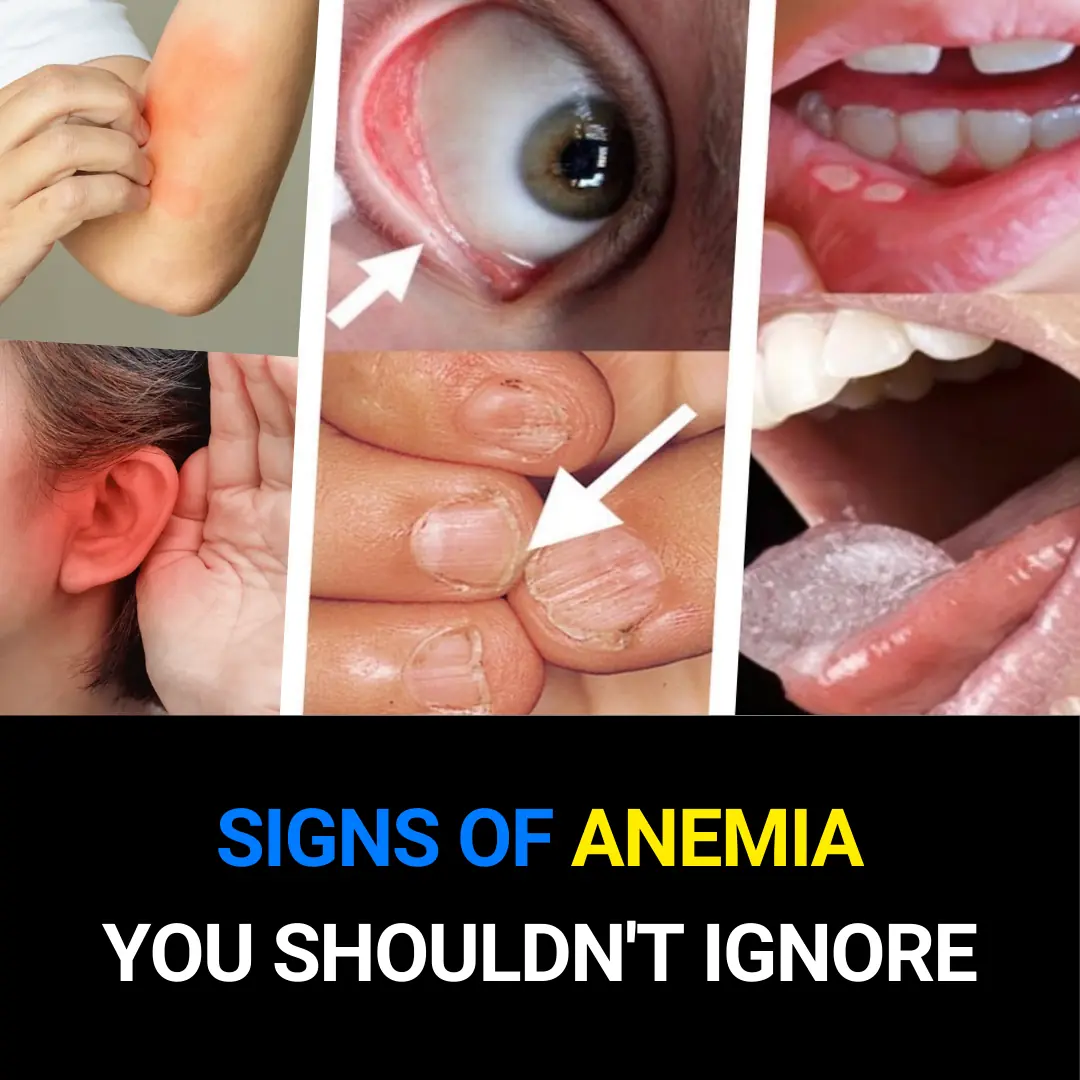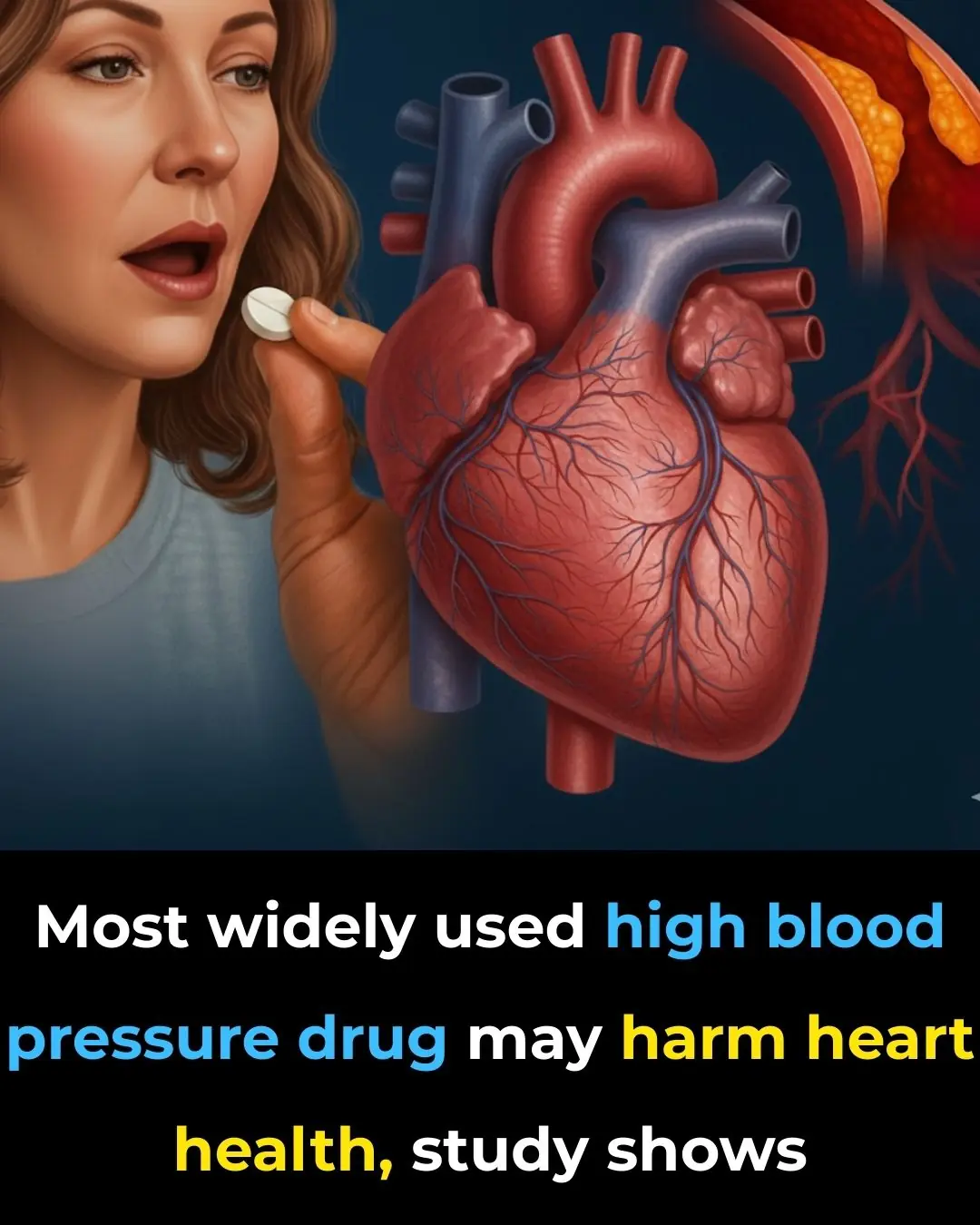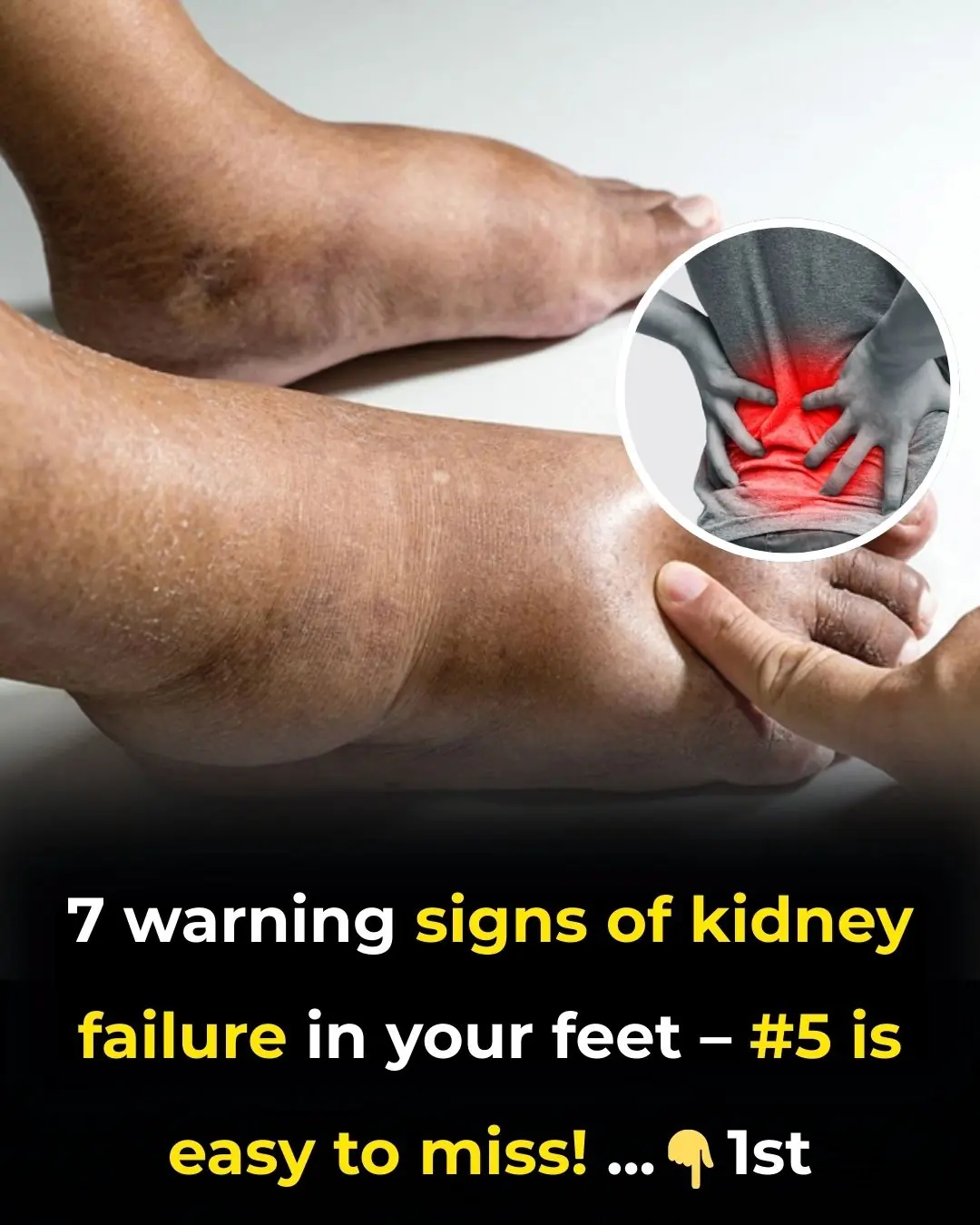
The Silent Disease That Easily Leads to Liver Cancer: Many People Have It but Remain Unaware
Liver cancer is one of the most aggressive forms of cancer, often diagnosed at advanced stages when treatment options become limited. While many factors can contribute to the development of liver cancer, one of the most common causes is a disease that many people unknowingly suffer from: chronic hepatitis. This condition, especially hepatitis B and C, poses a significant risk for liver cancer, yet numerous individuals remain unaware of the potential dangers. In this article, we will explore the risks of chronic hepatitis, how it can lead to liver cancer, and why so many people remain unaware of the risks associated with it.
What is Chronic Hepatitis?
Hepatitis refers to inflammation of the liver, and it can be caused by a variety of factors including viral infections, alcohol use, autoimmune diseases, and certain medications. Chronic hepatitis is a long-lasting inflammation of the liver, which persists for months or even years. The two most common types of chronic hepatitis that lead to liver cancer are hepatitis B (HBV) and hepatitis C (HCV). Both of these infections are caused by viruses that can cause long-term liver damage, leading to cirrhosis (scarring of the liver), liver failure, and eventually liver cancer.
How Chronic Hepatitis Leads to Liver Cancer
The connection between chronic hepatitis and liver cancer is rooted in the long-term damage the virus does to the liver. Hepatitis B and C infections can cause the liver cells to become inflamed and damaged over time. This chronic inflammation leads to the formation of scar tissue in the liver, a condition known as cirrhosis. As the liver becomes more scarred, it loses its ability to function properly, and the risk of developing liver cancer increases.
Chronic hepatitis can lead to genetic mutations in liver cells, which can trigger the development of cancer. These mutations occur because the virus interferes with the normal processes of liver cell replication. Over time, these abnormal cells can grow uncontrollably, leading to the formation of tumors. The risk of developing liver cancer is significantly higher in individuals with cirrhosis caused by hepatitis B or C.
Why Many People Remain Unaware
One of the biggest challenges with hepatitis is that it often has no symptoms in the early stages. Many people who are infected with hepatitis B or C may not experience any noticeable symptoms for years. This means that individuals may unknowingly carry the virus and unknowingly damage their liver over time. By the time symptoms such as fatigue, jaundice (yellowing of the skin and eyes), or abdominal pain appear, significant liver damage may already have occurred.
Additionally, many individuals at risk of hepatitis, such as those with a history of unprotected sex, intravenous drug use, or blood transfusions, may not be aware of the virus's potential long-term effects. In many cases, people do not seek medical attention until they begin experiencing complications related to liver disease, often when the disease has already progressed to a stage where treatment is more difficult.
The Importance of Early Detection
The key to preventing liver cancer caused by chronic hepatitis is early detection. Routine screening for hepatitis B and C is crucial, especially for individuals at higher risk. People who are born in areas with a high prevalence of hepatitis B, or those who have engaged in risky behaviors such as unprotected sex or sharing needles, should get tested for hepatitis regularly.
Hepatitis B and C can be managed with antiviral medications that can reduce the viral load in the liver, preventing further damage and reducing the risk of developing cirrhosis or liver cancer. Vaccines are also available for hepatitis B, and antiviral treatments for hepatitis C have become more effective in recent years, offering hope for many individuals who were once at risk of liver cancer.
Prevention and Awareness
Raising awareness about hepatitis and its risks is essential in the fight against liver cancer. People should be educated about the importance of regular testing, especially if they are at risk, and about the lifestyle changes that can help protect the liver. Maintaining a healthy diet, avoiding excessive alcohol consumption, and not engaging in behaviors that could expose them to hepatitis (such as sharing needles) can help prevent the infection from occurring in the first place.
Conclusion
Chronic hepatitis is a silent and often overlooked disease that can lead to severe liver complications, including liver cancer. The lack of symptoms in the early stages of the disease means that many individuals remain unaware of the risks until it is too late. By prioritizing early detection, regular screenings, and raising awareness, we can reduce the incidence of liver cancer caused by chronic hepatitis. It is essential for people to recognize the importance of getting tested for hepatitis, especially if they are at high risk, and to take proactive measures to protect their liver health.
News in the same category


Is It Safe to Take a Cold Shower After Exercising in the Summer? What Doctors Say About Who Should Avoid It to Prevent Stroke

7 Things Not to Do Before Taking a Shower to Avoid Stroke – 2 Common Mistakes People Often Make

Bitter Taste In Your Mouth Discover Most Common Cause

Silent Symptoms of Anemia You Should Never Ignore

The Impressive Health Benefits of Guava Fruit and Leaves

Molasses 101: Types, Proven Benefits, Uses, and More

The Psychological Meaning of Leaving Dirty Dishes

Most Widely Used High Blood Pressure Drug May Harm Heart Health, Study Shows

7 warning signs of kidney failure in your feet – #5 is easy to miss!

Shoulder Pain from Sleeping: Causes, Solutions and More

Teacher Shocked by Stage 4 Stomach Cancer Diagnosis After Mistaking Sore Throat for a Common Cold – 2 Kitchen "Culprits" Exposed
A sore throat may seem like nothing more than a seasonal annoyance, but sometimes it hides something far more dangerous. That was the devastating reality for a retired teacher in Taiwan who thought his discomfort was due to cold weather—until doctors re

50-Year-Old Man Dies After Eating Leftovers: 5 Foods You Should Never Keep Overnight
Leftovers may seem harmless, but in some cases, they can turn into hidden health risks. A tragic case has recently drawn attention to how certain foods, when stored improperly or left too long, may lead to life-threatening consequences.

3 Morning Urine Signs That Could Signal Silent Kidney Trouble – Don’t Ignore Them
Protecting your kidneys is about more than preserving the urinary system—it is about safeguarding your energy, your heart, and your long-term health.

Top 10 foods that improve blo:od circulation in legs

Cardiologist Reveals the #1 Exercise to Prevent a Heart Attack

Doctors prescribe LEVOTHYROXINE—but here’s what they don’t tell you

Claim: a juice regimen reportedly cleared can:cer cells in 42 days

Woman Endures Years of Swollen Foot Before Doctor Reveals Shocking Cause
News Post

Apple fans divided as key component is axed from new AirPods Pro 3

Easy way to activate iPhone secret 'red mode' that users are just discovering

Tweaking these iOS settings can seriously improve your iPhone battery and save users hundreds

Equal Day, Equal Night: The Autumn Equinox Arrives

Trees Can Warn Us Before Volcanoes Erupt, Scientists Reveal

Heatwave of 41°C Causes Sudden Strokes in Healthy People: Doctors Warn of 7 Early Signs to Watch For

Is It Safe to Take a Cold Shower After Exercising in the Summer? What Doctors Say About Who Should Avoid It to Prevent Stroke

7 Things Not to Do Before Taking a Shower to Avoid Stroke – 2 Common Mistakes People Often Make

Bitter Taste In Your Mouth Discover Most Common Cause

Silent Symptoms of Anemia You Should Never Ignore

The Impressive Health Benefits of Guava Fruit and Leaves

Molasses 101: Types, Proven Benefits, Uses, and More

5 home appliances that consume more electricity than air conditioners. If you don't unplug them at the end of the month, your bill will skyrocket

What is black vinegar? Nutritional value and uses of black vinegar

How to make fish mint juice that is not fishy, easy to drink, helps slim body, whiten skin

A plant with a distinctive aroma: Both a spice and a 'miracle drug' for health

Take 1 ice cube and drop it into the rice cooker: A great use that every family wants to follow.

How to make banana vinegar with just 4 simple ingredients, you will have a delicious finished product
